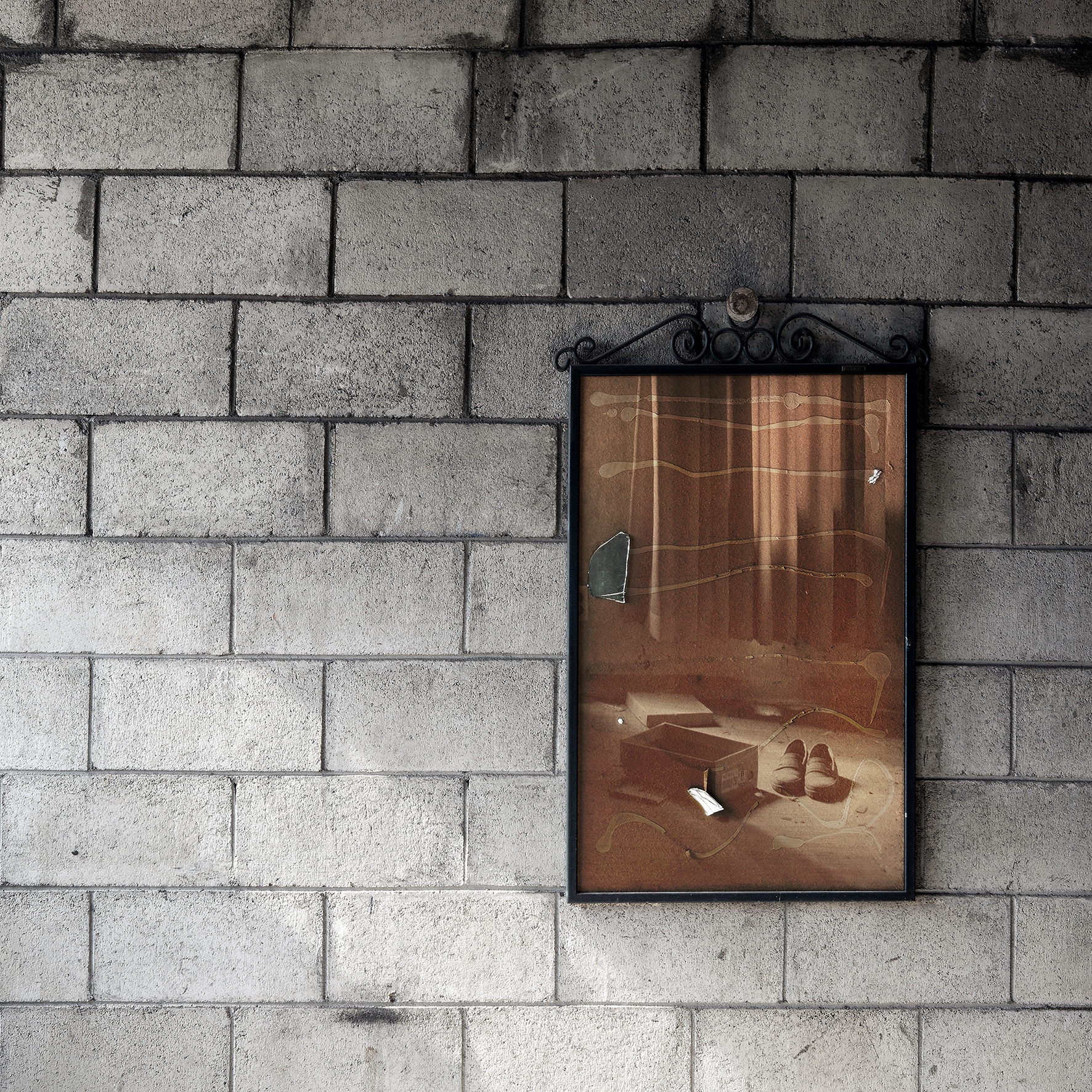
A Humanistic Study on the Smart City of Geterotopia: A Study on the Direction of Recycling of Waste Factories in Songdo, Korea as a Geterotopia: A Study on the Conservation and Utilization of Plant Relocation Sites, Focusing on the Representative Cases of Seoul and Beijing, What we have in common is the "human-centered space." The "collective memory" of the waste factory was installed and photographed in a mirror collected at the site, and the images reflected on the windows showed the current image of the place as a work.









A Humanistic Study on the Smart City of Geterotopia: A Study on the Direction of Recycling of Waste Factories in Songdo, Korea as a Geterotopia: A Study on the Conservation and Utilization of Plant Relocation Sites, Focusing on the Representative Cases of Seoul and Beijing, What we have in common is the "human-centered space." ?Smart cities that humans hope for and dream of develop into realistic utopia, but on the contrary, problems such as polarization and poverty in the discriminated areas of abandoned idle spaces (such as waste plants) have been brought up, and among Switzerland's largest weapons factories, where the test-firing of uranium-equipped ammunition has been conducted, the engine-producing plant has been transformed into MFO Park (Swiss Zurich), and the grain registry between Copenhagen, Denmark. Re-creation of the above spaces that are human-centered will also be realistic utopia and heterotopia. Philosopher Michel Foucault explored the boundaries of "normality, abnormality, reason and irrationality" in the setting of problems of "power/knowledge" and "subjectification," in which space has always been one of the important reasons. The Heteropian concept opened up new perceptions and horizons in urban engineering, architecture and space research. And ``heterotopie!'' is defined as the space we live in every moment, a place that is compartmentalized and contextualized and retains echronie moments.?Therefore, spatial understanding was needed to introduce the work. Perhaps this understanding will help to express the identity space and read the private space.The "collective memory" of the waste factory was installed and photographed in a mirror collected at the site, and the images reflected on the windows showed the current image of the place as a work.